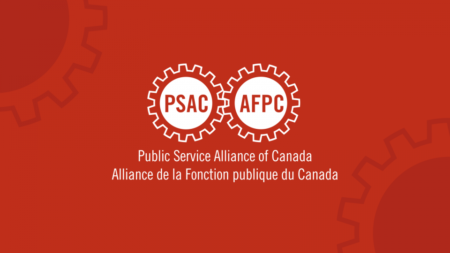With no end in sight to delays affecting travelers at airports and border crossings across the country, it’s clear the Canada Border Services Agency (CBSA) has no plan to to get travel back on track anytime soon. This is only made more evident by CBSA’s recently announced Summer Action Plan (SAP) for 2022, which lacks any long-term fixes to address the lengthy delays and staff shortages that threaten to burden an already strained system for years to come.
“We’re concerned the measures proposed by the Agency will only serve to further inconvenience travelers and undermine border security,” said Mark Weber, national president of the Customs and Immigration Union (CIU). “Minister Marco Mendicino and CBSA must commit to a real plan and increase the number of border officers as soon as possible to prevent any further reduction in service for travelers.”
CBSA’s action plan is meant to relieve summertime pressures on border services, but it fails to address the root causes of the issues affecting CBSA workers and travelers across the country: chronic understaffing and an over-reliance on inefficient, automated technologies.
Instead, the plan focuses on poorly planned half-measures including mandatory overtime for officers, suspending non-essential training and exercises, lengthier assignments, reallocating dedicated enforcement teams, and even reducing or outright denying discretionary leave.
“Despite facing insurmountable challenges, border services officers have never faltered in their commitment to keeping Canadians safe throughout the pandemic,” said Chris Aylward, PSAC national president. “But the federal government clearly doesn’t recognize their contributions and the incredible strain they’ve been under. As we head into the next round of bargaining with Treasury Board and CBSA, improving staffing levels and working conditions will be key issues for our members.”
The troubling staffing issues and considerable delays at the border have been years in the making. CIU estimates that there is a total deficit of 1,000 to 3,000 officers at all levels of border operations. Yet CBSA and the federal government have chosen to continue to stretch an already thinned-out workforce. By discounting the physical and mental well-being of border services officers, the government only risks alienating and losing dedicated personnel.
“While Canadians are ready to start traveling again, CBSA is ill-equipped to deal with the surge in border traffic, and the government isn’t prepared to address these issues effectively,” said Weber. “If the government wants to get serious about avoiding lengthy delays for years to come, the solution is simple: hire more officers, and rely on their expertise.”







